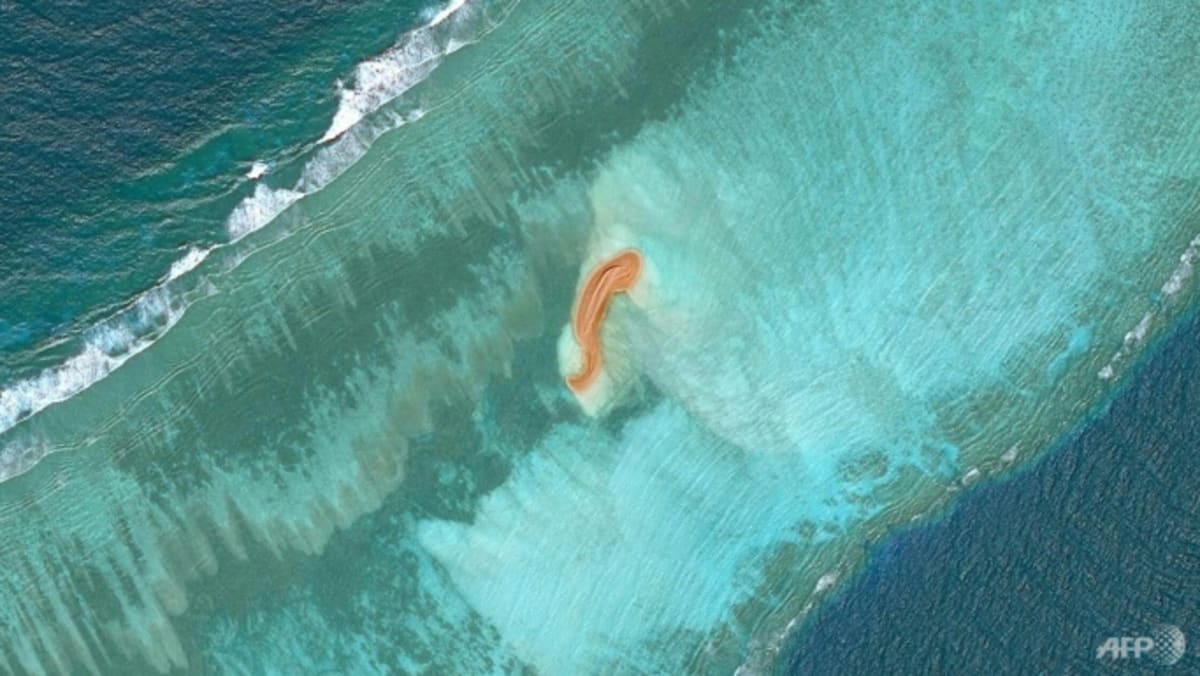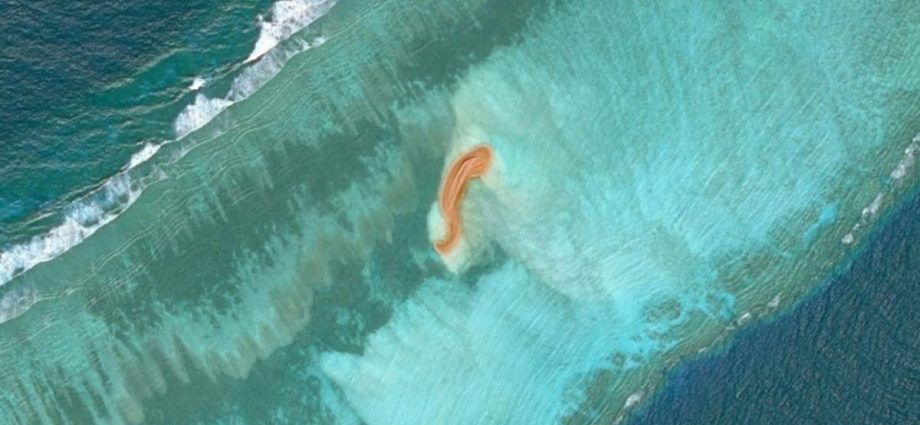
Beijing claims almost all of the resource-rich South China Sea, through which trillions of dollars in trade passes annually. Along with the Philippines, rival claimants are Vietnam, Malaysia, Brunei and Taiwan.
China has ignored a 2012 ruling from a United Nations-backed tribunal that its claim is without basis.
In recent years it has built artificial islands on reefs while constructing military facilities and airstrips.
Bloomberg reported on Tuesday, citing satellite images from United States officials, that new land formations have emerged in the Spratlys, on Eldad Reef, Whitsun Reef, Lankiam Cay and Sandy Cay.
China’s foreign ministry called the report “completely groundless”.
A Philippine military statement said on Thursday that its regular air and naval patrols have “observed the persistent presence of China militia vessels around areas stated in the Bloomberg article”.
The statement did not say if the patrols monitored the reported reclamations themselves.
“(The Philippines’ Western Military Command) shall continue conducting maritime patrols and sustaining our presence in the (West Philippine Sea) to protect our nation’s territory and sovereign rights,” it said.
Sandy Cay lies 7km west of Thitu, where the Philippines runs an airstrip along with military and coast guard detachments. A small civilian community also lives there.
Lankiam Cay is about 45km south-east of Thitu, while the two other reefs are further away.
The Philippines has repeatedly accused the Chinese coast guard and maritime militias of harassing and attacking fishing boats and other vessels in the region.
Manila filed a diplomatic protest last week after a Chinese coast guard vessel in November “forcefully” took control of debris from a Chinese rocket retrieved by a Philippine navy vessel off Thitu.
China denied using force, its embassy in Manila saying that the debris was handed over after “friendly consultation”.
Philippine President Ferdinand Marcos has insisted he will not let China trample on the country’s maritime rights – in contrast to his predecessor Rodrigo Duterte, who was more reluctant to criticise the superpower.

